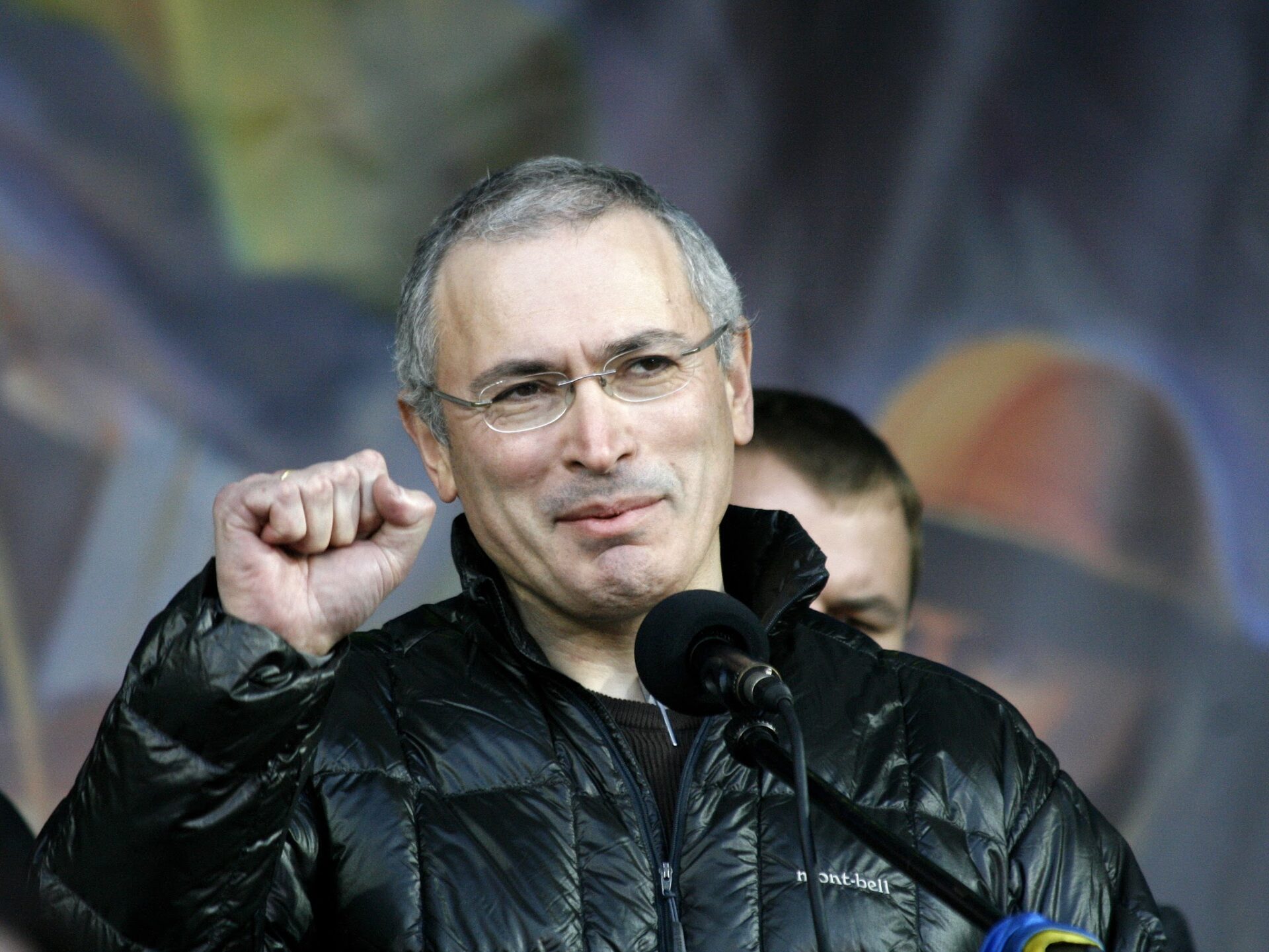Russian authorities are stepping up pressure on opponents ahead of the parliamentary elections in September. So says one of the leading critics of the Kremlin, Mikhail Khodorkovsky. The former head of the Yukos company spent 10 years in prison on charges of tax evasion. Many believe that he was persecuted for political reasons, as he financed opposition parties. According to Khodorkovsky, recent actions against opposition activists, namely the increasing number of arrests and arrests, have shown that the authorities are worried about the decline in popularity of their party, United Russia.
Mikhail Khodorkovsky, opposition politician: “The authorities, naturally, are afraid of those potential protests that may arise if people are already foolish enough. Therefore, they are trying to sanitize the political space before the elections.”
On June 1, searches came to the opposition politician and former State Duma deputy Dmitry Gudkov. He was detained in the case of non-payment of a debt under a lease agreement for non-residential premises in 2015-2017. Searches were also carried out at the relatives of Gudkov and his associates.
On May 31, police detained opposition leader Andrei Pivovarov, the former executive director of Open Russia, who announced it would be shutting down last week. A criminal case was opened against Pivovarov under the article on the activities of an undesirable organization.
Last week, the State Duma, where the majority of the deputies are United Russia members, passed a law banning the election of leaders of organizations recognized by the court as extremist or terrorist. The bill was submitted by a group of deputies from United Russia. The opposition called the document a law against Alexei Navalny, the founder of the Anti-Corruption Foundation, an organization recognized as a foreign agent, which, moreover, may be included in the list of extremist.
United Russia remains the main political force in the country, although the party’s popularity has declined. Four years ago, the average annual rating of United Russia was over 50%, now this figure is slightly more than 30%.

